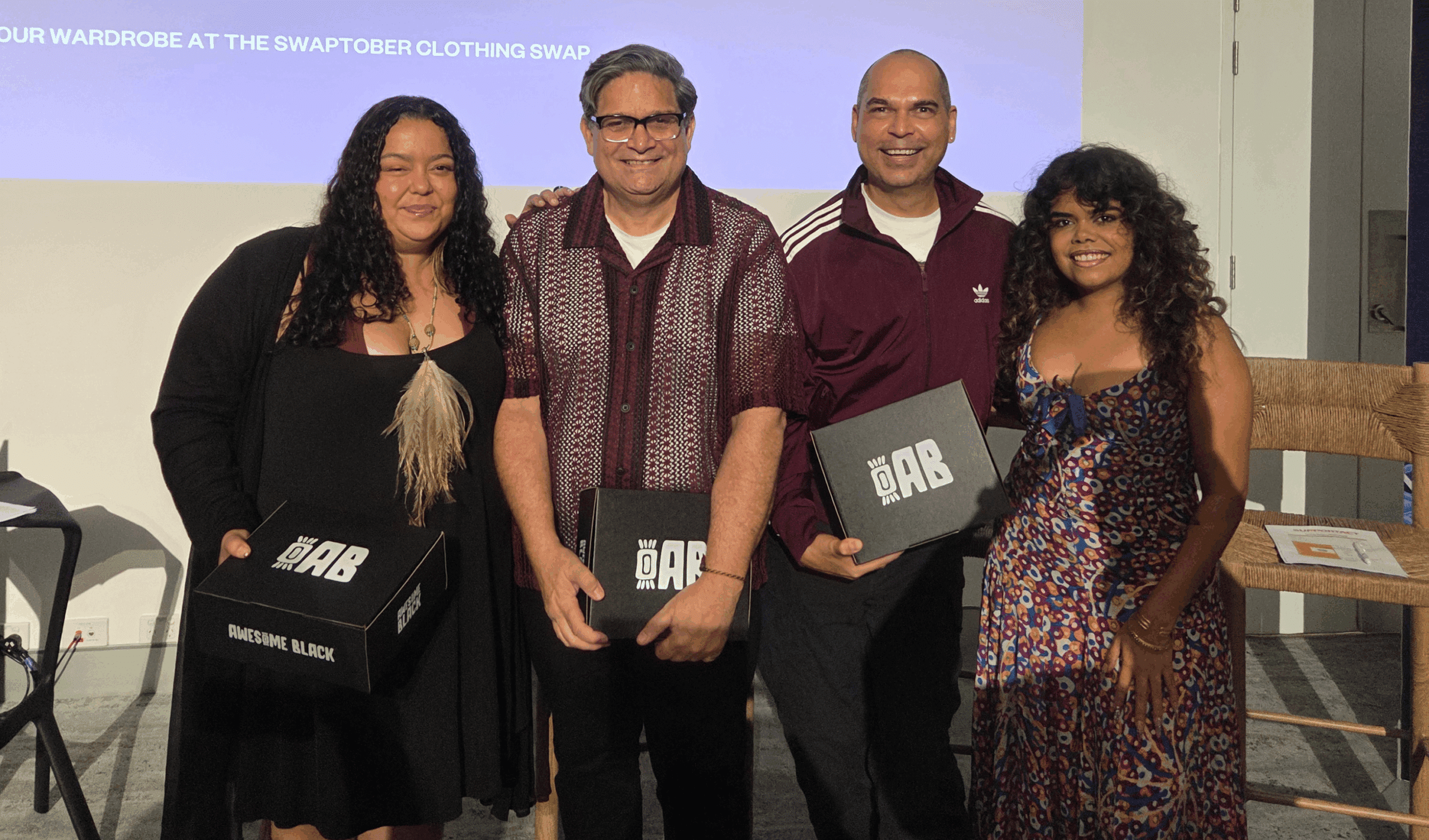Representative bodies of the Australian contemporary music industry have welcomed the launch of the Australian Government’s national cultural policy – Revive.
The industry bodies came together last year and developed a comprehensive policy proposal as part of the Australian Government’s national cultural policy consultation.
The proposal was a hallmark plan to partner with government and revolutionise the industry at a critical time in its development. It included a call for the establishment of a new national music development agency, long term investment and strategic focus in order for the Australian contemporary music industry to rebuild and realise its local and global potential.
The release of the national cultural policy this week shows the government has taken the policy proposals of the contemporary music industry seriously with the establishment of Music Australia and $70 million in funding. Music Australia will be able to grow the market for contemporary Australian music; investment in the creation of original music, songwriting and recording initiatives in schools; new strategic partnerships; research; funding for the export program Sounds Australia; and work to establish new co-investment agreements with states and territories. We look forward to working with the government on the establishment of Music Australia. The contemporary music industry also welcomes the rejuvenation of the Australia Council into Creative Australia. This move should bring a significant shift in the knowledge and understanding of the music industry ecology to support the writing, recording, presentation, export and development of great local music.
The centrality and commitment to support Aboriginal and Torres Strait Islander self-determined decision making within arts and culture in the policy is also welcomed. It is vital that Aboriginal and Torres Strait Islander musicians, artists and First Nations-led music businesses and workers must have a voice and agency across the full breadth of the music industry ecology.
The establishment of the Centre for Arts and Entertainment, alongside ongoing funding for Support Act, will support a long-term and sustainable cultural and behavioural change in workplaces across the sector. The music industry’s Raising Their Voices report was a watershed moment and provided compelling evidence of the hurt and suffering that sexual harm, sexual harassment and systemic discrimination including bullying in our industry has caused. We are fully committed to working with the new Centre in this important work.
We also welcome the commitment of government to maintaining a strong copyright framework that works in concert with other legal and policy mechanisms. In addition, the commitment to ensure that Australian music is ‘visible, discoverable and easily accessible across platforms to all Australians’ will help address current issues of music discoverability. Existing local content quotas and benchmarks are incredibly important for the local music industry and we look forward to working with the government to ensure these regulations around local content are fit for purpose. The commitment to a feasibility study to expand Double J’s reach is also welcome.
As the Government turns its attention to the local content requirements for the screen sector and implements the tax offset for digital games, we urge Government to support our world class composers as part of these incentives so that the entire screen ecosystem can benefit and homegrown intellectual property is developed.
The industry still faces significant workforce and skills shortages as a result of the pandemic. We will continue to work with the Australian Government’s Jobs and Skills Council as they address these serious challenges.
As articulated in our joint submission: whether it is a young songwriter in their bedroom writing the next global hit; a recording artist, producer and sound engineer in the studio working on a streaming smash; a composer creating sound art, new orchestral works or the soundtrack to the next great film or game; artists and musicians performing live at festival, concert or local gig, from Bankstown to Brunswick, Bundaberg to Broome, there is a massive pipeline of music talent coming from across the nation.
A Goldman Sachs report into the international music market estimates predicts a booming decade for the music industry, with total music revenue to double to about $131 billion by 2030.
With the advent of the next digital revolution and as the global appetite for music continues to grow, the vision for the Australian contemporary music industry is to move from a music nation to a global music powerhouse that can fully realise the cultural, economic and social benefits of a vibrant, healthy and sustainable music industry accessible to all Australians.


